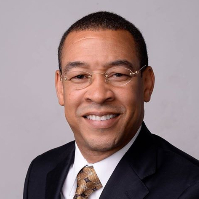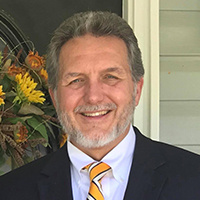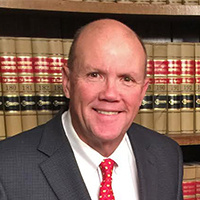Banks Felony Lawyer, Alabama
Not enough matches for Banks Felony lawyer.
Below are all Banks Criminal lawyers.
James A. Jacobs
✓ VERIFIEDAccident & Injury, Divorce & Family Law, Estate, Social Security -- Disability, Criminal
First licensed to practice law in Alabama in 2003, Attorney James A. Jacobs is a sincere and compassionate professional who cares about his clients an... (more)
William B. Matthews
✓ VERIFIEDDivorce & Family Law, Criminal, Accident & Injury, Business, Estate
William Matthews, Jr. is a practicing lawyer in the state of Alabama specializing in Divorce & Family Law; Criminal; Accident & Injury; Bankruptcy & D... (more)
FREE CONSULTATION
CONTACTRobert D. Segall
Mass Torts, Arbitration, Criminal, Bad Faith Insurance, Administrative Law
Status: In Good Standing
Corey Daniel Bryan
Accident & Injury, Criminal, Traffic, Medical Malpractice
Status: In Good Standing
Alyse Phillips Fowler
Criminal, Divorce & Family Law, Estate, Child Custody
Status: In Good Standing Licensed: 7 Years
James Mccollum Parker
Divorce, Construction, Americans with Disabilities Act , Felony
Status: In Good Standing Licensed: 33 Years




